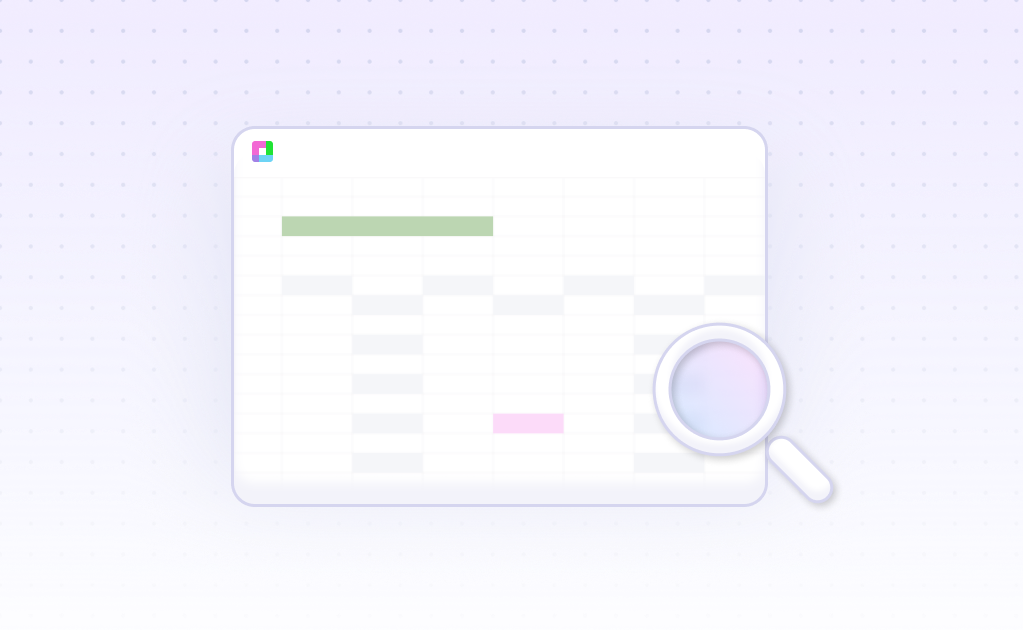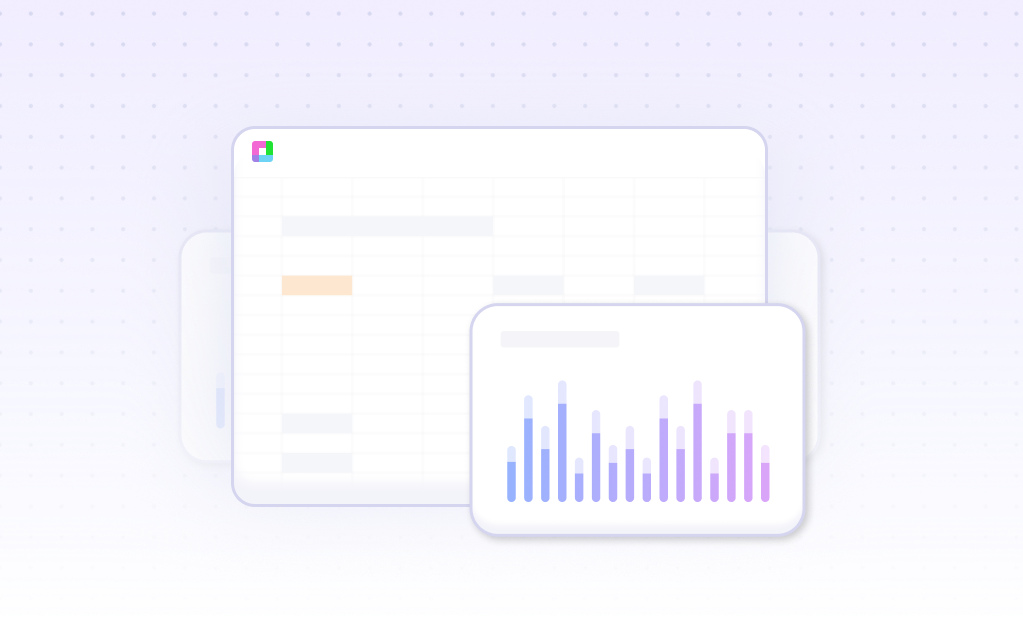
Statistical Analysis Built for Healthcare
Medical research demands precision, accuracy, and statistical rigor. Whether you're analyzing patient outcomes, conducting clinical trials, or evaluating treatment effectiveness, Sourcetable provides the statistical tools healthcare professionals need—without the complexity of traditional statistical software.
Picture this: You've just completed a 12-month clinical study with 500 participants. The data is overwhelming—patient demographics, baseline measurements, treatment responses, adverse events, and follow-up assessments. Traditional analysis might take weeks of wrestling with complex statistical software. With Sourcetable, you can generate comprehensive statistical reports in minutes, not months.
Why Healthcare Researchers Choose Sourcetable
Powerful statistical capabilities designed specifically for medical research workflows
Clinical Trial Analysis
Analyze patient outcomes, treatment efficacy, and safety profiles with built-in statistical tests for medical research.
Patient Data Management
Securely organize and analyze patient demographics, medical histories, and treatment responses in HIPAA-compliant environment.
Biostatistical Testing
Perform survival analysis, regression modeling, and hypothesis testing with AI-guided statistical recommendations.
Regulatory Reporting
Generate publication-ready tables and figures that meet FDA, EMA, and journal submission requirements.
Multi-Site Collaboration
Share analysis templates and results across research teams while maintaining data security and audit trails.
Real-Time Insights
Get instant statistical summaries and visualizations as data is collected, enabling adaptive study designs.
Real-World Medical Research Applications
See how healthcare professionals use Sourcetable for statistical analysis across different research scenarios
Phase II Clinical Trial Analysis
A research team studying a new cardiovascular drug needed to analyze efficacy endpoints across 300 patients. Using Sourcetable, they performed survival analysis, calculated hazard ratios, and generated Kaplan-Meier curves—completing their interim analysis in 2 hours instead of 2 weeks.
Epidemiological Study
Public health researchers investigating disease prevalence patterns across different demographics used Sourcetable to perform logistic regression analysis on 10,000+ patient records, identifying key risk factors and generating publication-ready odds ratio tables.
Treatment Outcome Comparison
A hospital quality improvement team compared surgical outcomes between two treatment protocols. They used paired t-tests, chi-square analysis, and multivariate regression to demonstrate a 23% improvement in patient recovery times.
Biomarker Discovery
Cancer researchers analyzing gene expression data from tissue samples used Sourcetable's correlation analysis and principal component analysis to identify novel biomarkers, reducing analysis time from months to days.
Meta-Analysis Project
A systematic review team combined results from 15 randomized controlled trials, performing weighted meta-analysis and forest plot generation to establish treatment effect sizes for their Cochrane review.
Diagnostic Test Validation
Medical device researchers validated a new diagnostic test by calculating sensitivity, specificity, and ROC curves from clinical validation data, producing regulatory submission documents in record time.
Statistical Analysis in 4 Simple Steps
From data import to publication-ready results
Import Your Research Data
Upload clinical data from REDCap, Excel, CSV files, or connect directly to your clinical database. Sourcetable automatically detects data types and suggests appropriate statistical tests.
Choose Statistical Methods
Select from pre-built medical research templates or let AI recommend appropriate statistical tests based on your study design, sample size, and data characteristics.
Generate Analysis Results
Run comprehensive statistical analyses with a single click. Get p-values, confidence intervals, effect sizes, and power calculations automatically calculated and validated.
Create Research Reports
Export publication-ready tables, figures, and statistical summaries formatted for journal submission or regulatory filing. Include CONSORT diagrams and statistical methodology sections.
Comprehensive Biostatistical Toolkit
Sourcetable includes all the statistical methods healthcare researchers need, from basic descriptive statistics to advanced modeling techniques:
Descriptive Statistics & Data Exploration
Hypothesis Testing & Comparative Analysis
Advanced Clinical Research Methods
HIPAA-Compliant Medical Data Analysis
Healthcare data requires the highest levels of security and compliance. Sourcetable provides enterprise-grade protection for sensitive medical information:
HIPAA Compliance
Full HIPAA compliance with Business Associate Agreements, encrypted data transmission, and audit logging for all data access.
Data Encryption
End-to-end encryption for data at rest and in transit, with AES-256 encryption standards meeting healthcare industry requirements.
Access Controls
Role-based permissions, multi-factor authentication, and detailed audit trails ensure only authorized personnel access patient data.
Data Governance
Built-in data governance tools help maintain data integrity, track data lineage, and ensure reproducible research results.
Frequently Asked Questions
Can Sourcetable handle large clinical datasets?
Yes, Sourcetable can process datasets with millions of rows and hundreds of variables. Whether you're analyzing electronic health records, genomic data, or multi-site clinical trials, our platform scales to meet your research needs.
Is Sourcetable HIPAA compliant for medical research?
Absolutely. Sourcetable meets all HIPAA requirements for handling protected health information (PHI). We provide Business Associate Agreements, encrypted data storage, audit logging, and access controls required for medical research compliance.
What statistical methods are available for clinical research?
Sourcetable includes comprehensive biostatistical methods including survival analysis, Cox regression, logistic regression, ANOVA, t-tests, chi-square tests, and specialized clinical trial analysis tools. Our AI assistant can recommend appropriate tests based on your study design.
Can I generate publication-ready tables and figures?
Yes, Sourcetable automatically formats statistical results according to medical journal standards. Export publication-ready tables, forest plots, Kaplan-Meier curves, and other visualizations that meet submission requirements for major medical journals.
How does Sourcetable compare to traditional statistical software like SAS or SPSS?
Sourcetable offers the same statistical rigor as traditional software but with a more intuitive interface and AI assistance. You get faster analysis, automatic documentation, and collaborative features while maintaining the statistical accuracy required for medical research.
Can multiple researchers collaborate on the same analysis?
Yes, Sourcetable supports real-time collaboration with version control, comment systems, and role-based permissions. Research teams can work together on analyses while maintaining data security and audit trails.
Does Sourcetable integrate with clinical data management systems?
Sourcetable connects with popular clinical data platforms including REDCap, clinical trial management systems, and electronic health record systems. We also support standard data formats like CDISC for regulatory submissions.
Is training available for research teams?
Yes, we provide comprehensive training programs for healthcare researchers, including biostatistics workshops, clinical trial analysis courses, and one-on-one support to help your team maximize research productivity.
Frequently Asked Questions
If your question is not covered here, you can contact our team.
Contact Us




